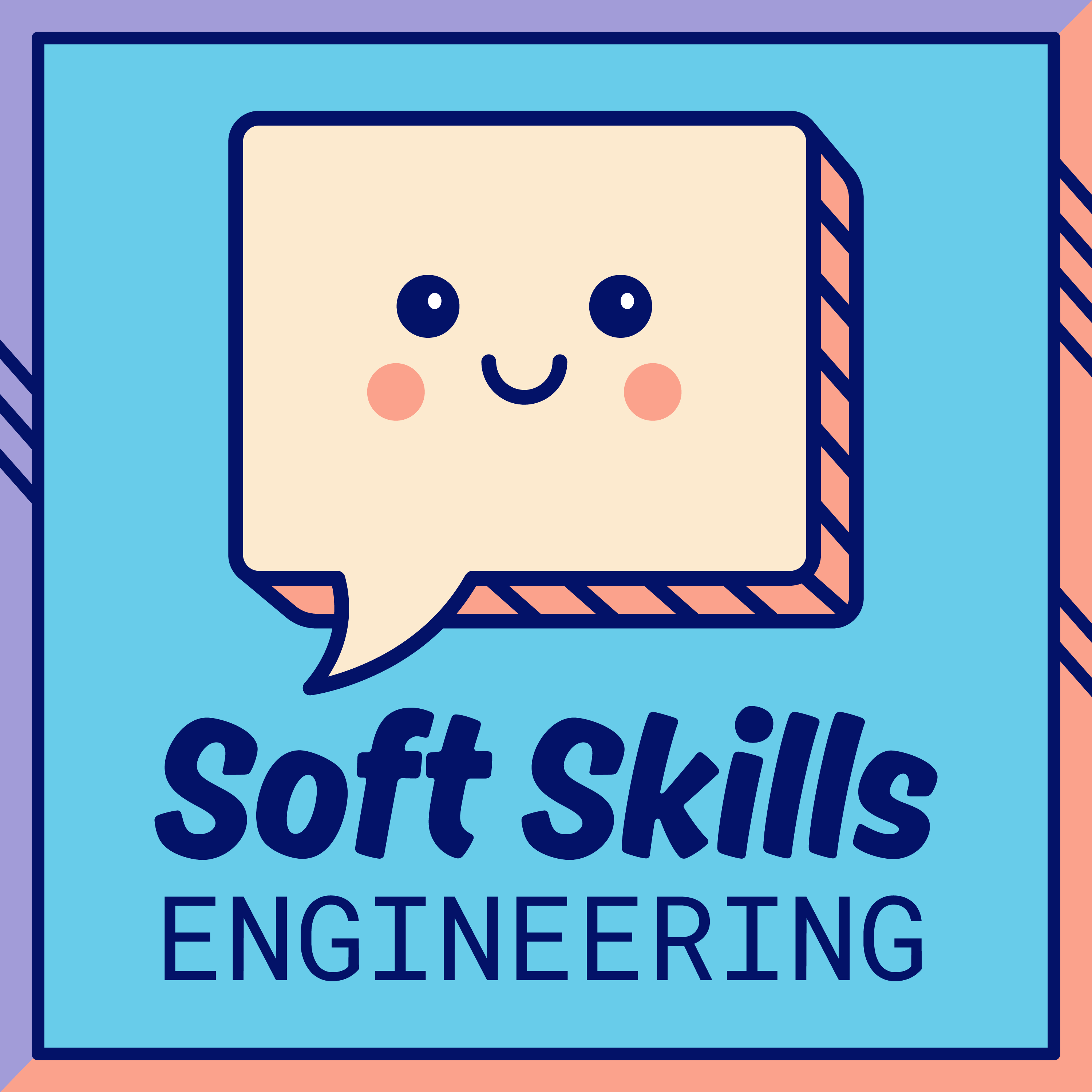
Episode 433: My teammate pretends we decided, but we didn't and my team is getting worse and worse

Soft Skills Engineering
Deep Dive
- Respond with 'we are free to change past decisions' to challenge the claim.
- Ask for evidence of the decision to clarify the situation.
- Consider discussing the issue with your manager for additional support.
Shownotes Transcript
In this episode, Dave and Jamison answer these questions:
-
Hey guys!
I recently moved onto a new team, and my teammate has an interesting way of resolving differences of opinions. He simply says “we decided” and then follows it up with his preferred approach. These are decisions that I know have not been made.
This engineer is mid-level, so it isn’t the “royal we” of a tech lead.
How do I handle this? Something tells me that responding with “nuh uh!” isn’t the right strat.
-
I’m a Principal Engineer at a large tech company who’s been with the same team for almost 8 years now! The team used to be part of a startup and we’ve been fortunate enough to be acquired by Big Tech three years ago. As a result, we’ve also more than doubled in team size. However, as we’ve aggressively grown over the last few years, I feel like we’ve inadvertently hired many “average” engineers. I find that some of our newer team members simply pick off the next ticket in the queue and do the bare minimum to progress the task. What happened to the boy scout rule? Where did the culture of ownership go? This also affects the genuinely great engineers on the team who start feeling like the others aren’t pulling their weight.
Any advice on how to level up the culture? Or do I need to adjust my expectations and simply accept that any team of a sufficient size will have folks from a range of abilities and attitudes?